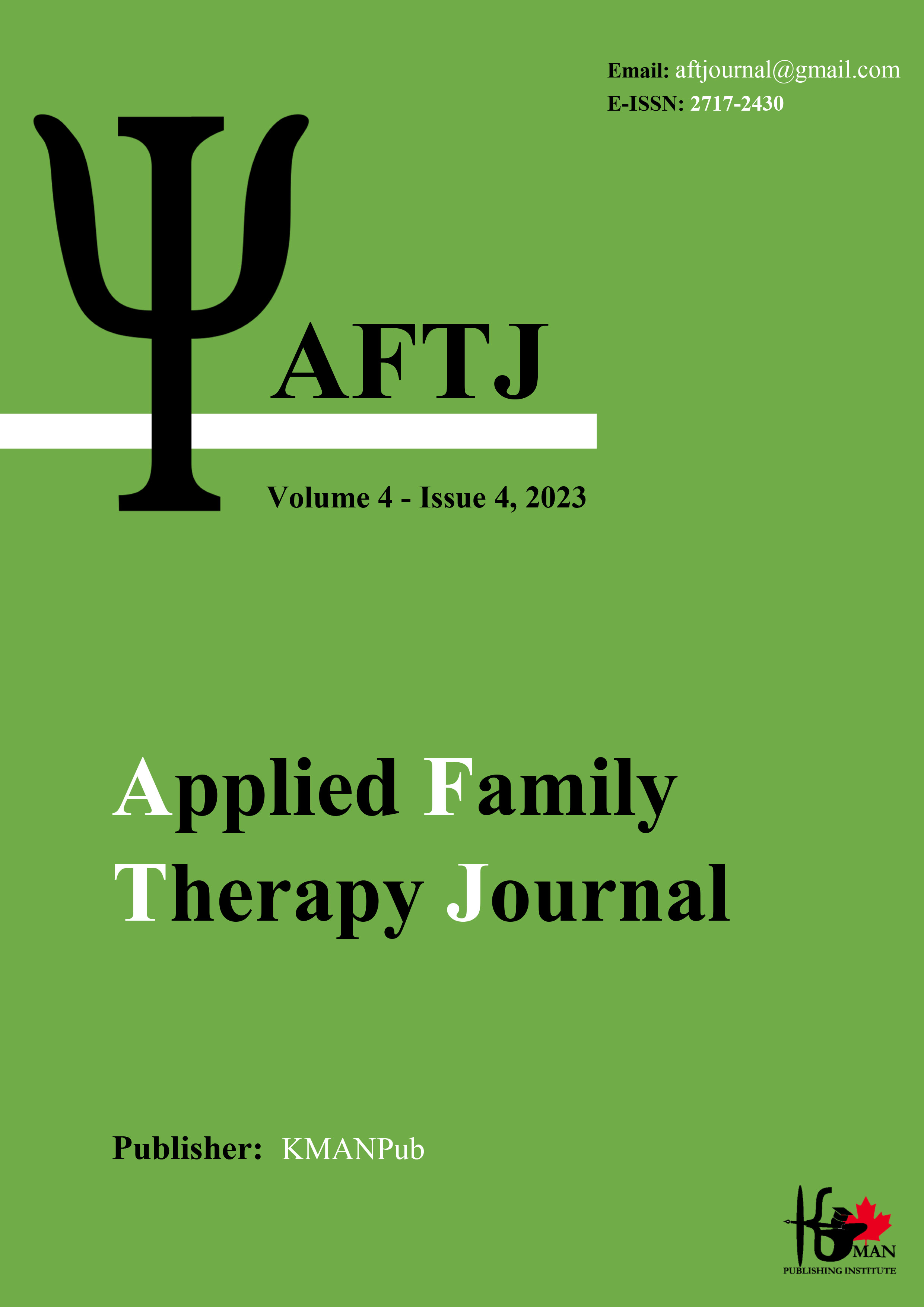The Effectiveness of Mindfulness-Based Schema Therapy on Cognitive Distortions and Causal Attributions in Nursing and Midwifery Students with Health Anxiety
Keywords:
Schema therapy based on mentality, cognitive distortions, causal documentsAbstract
Aim: The aim of this study was to investigate the effectiveness of mindfulness-based schema therapy on cognitive distortions and causal attribution in nursing and midwifery students with health anxiety. Method: The research design is quasi-experimental with pre-test-post-test design and three-month follow-up with the control group. The statistical population included all nursing and midwifery students with health anxiety in Guilan Branch of Azad University in 2021. Among them, 30 people were selected by available sampling method and were randomly replaced in the experimental group (mentality-based schema therapy) and the control group (15 people in each group). Mentally based schema therapy was performed in 10 sessions of 90 minutes based on Young et al. (2003) training package in the experimental group. Data were collected using Ellis's Cognitive Distortion Questionnaire (1986) and the Attribution Style Questionnaire of Peterson et al. (1982). Data were collected using cognitive distortions by Ellis, Peterson et al. Data were analyzed using SPSS-22 software and repeated measures analysis of variance. Results: The results showed that mentally based schema therapy was effective on cognitive distortions (F= 3.59, P= 0.035) and causal attributions (F=40.30, P<0.001) of nursing and midwifery students with health anxiety. Conclusion: Considering the role of beliefs and thoughts in health anxiety, it is suggested that therapists consider mindfulness-based therapeutic schemas in reducing the symptoms of cognitive distortions and causal attributions.
Downloads
Downloads
Published
Issue
Section
License

This work is licensed under a Creative Commons Attribution-NonCommercial 4.0 International License.





















